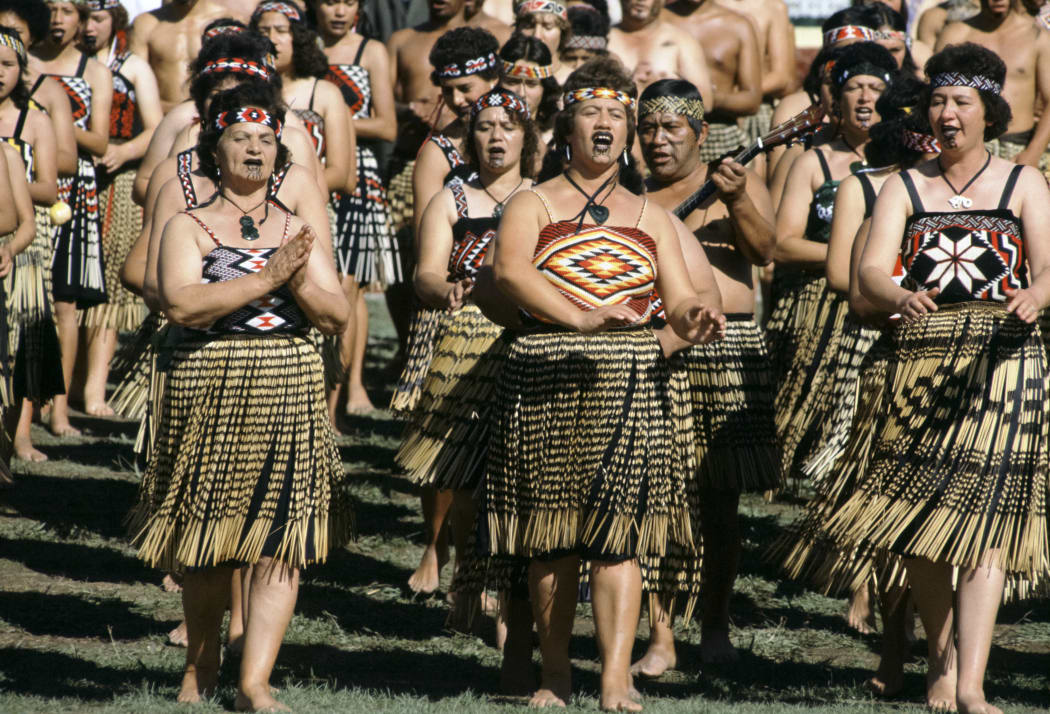The way early settlers documented Māori women is disturbing and has had a damaging impact on how wahine are viewed today, an emerging health researcher says.

Photo: AFP
Ngahuia Murphy has received $110,000 from the Health Research Council to complete her PhD studies into Māori beliefs of the womb or whare tangata.
"I am looking at some of the pre-colonial ceremonies and ritual knowledge traditions around the whare tangata and I'm going to be tracing those ceremonial practices into the context of today."
In order to complete her masters Ngahuia Murphy read texts from colonial ethnographers, who studied Māori in the early days.
"What they have written about Māori women and particularly Māori women's reproductive body is that it is a source of inferiority in our culture, which completely contradicts our cultural paradigms about the significance of the whare tangata as the house of humanity."
Ms Murphy said accounts of Māori girls and women menstruating were derogatory and written as if menstruation was viewed as a dirty thing.
"What is really disturbing is what they wrote 150 years ago has been reproduced across history up until contemporary times, creating these really oppressive, really powerful narratives about the inferiority of Māori women in our culture."
"This is what I want to challenge."
A total of $1.8 million was given to 21 emerging Māori health researchers in the Māori Career Development Awards last year.
Over 40 applications for funding were made, which is the largest number received in one year.
Health Research Council project co-ordinator Lady Pokai said there were a lot of research areas that weren't being tapped into especially when it came to Māori.
"I think the impact will be great... It is all about the understanding.
"It will build more understanding around why things are happening and helping our whanau Māori to overcome what is happening."
Ms Murphy said the council's support affirms the importance of reclaiming Māori women's sacred knowledge.

